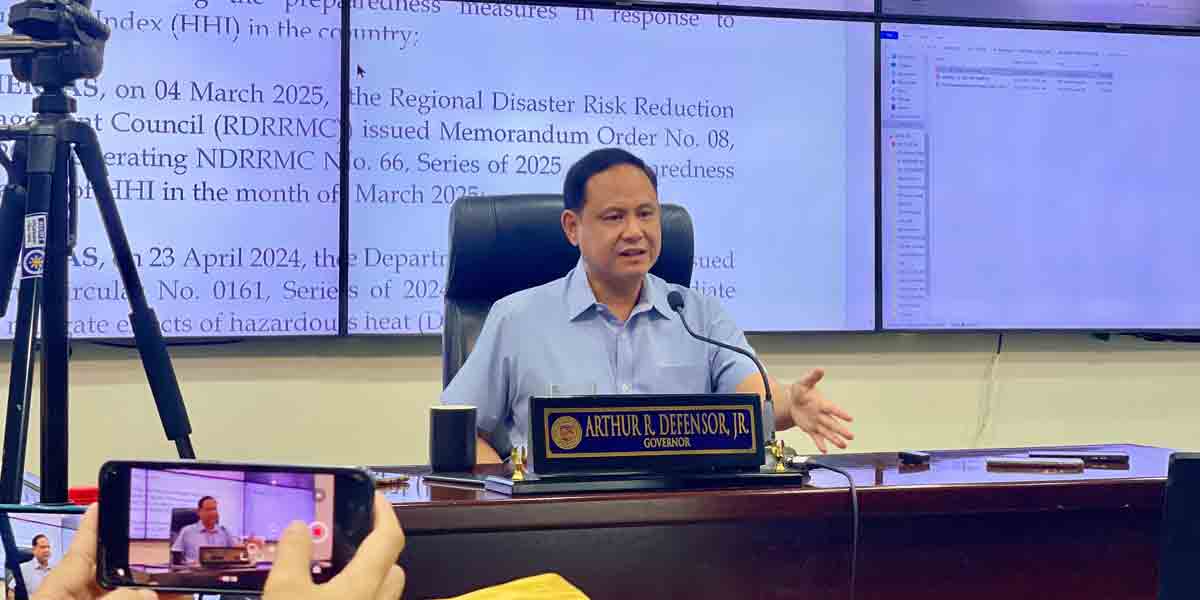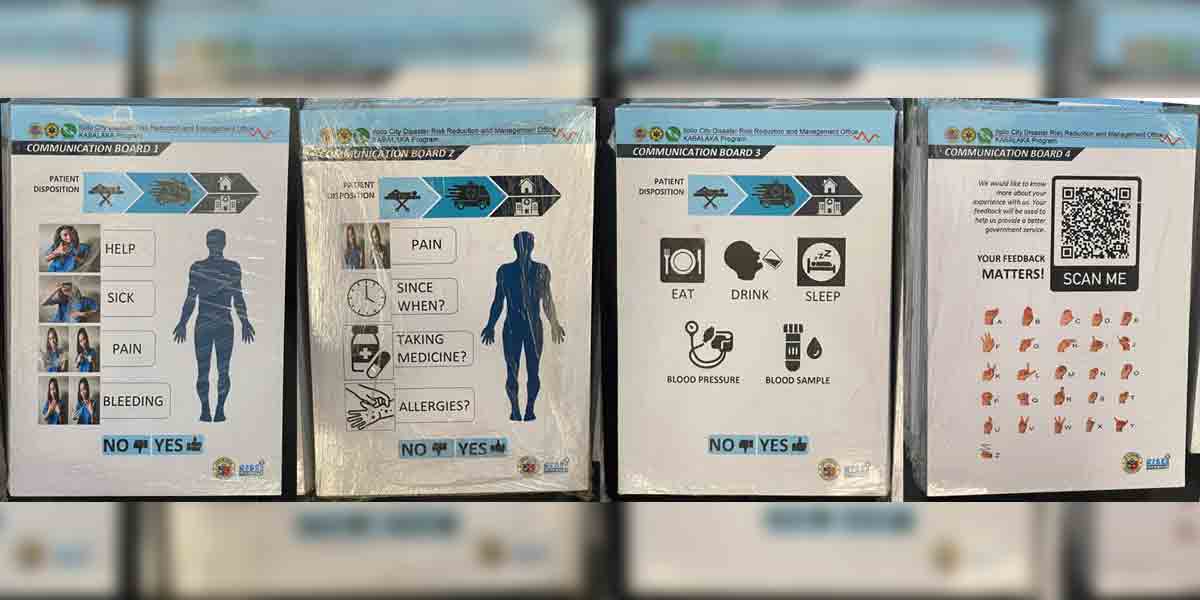
Our hands are practically attached to our mobile phones. Shopping (hello Lazada and Shopee), ordering food (thank heavens for Grab and FoodPanda), are doable at the click of a button. Yet despite this professed connectivity, we are finding ourselves more “disconnected” from work colleagues, customers, and even friends.
If you work for sales, you know how important it is to talk to clients in such a way that it engages them (whether, prospect, new client, or returning customer). If you work for credit and collection, you know how clients abhor phone calls. They would rather respond via non-voice conversation (chat, messaging). If you’re with customer care, converting angry clients into lifetime advocates is the equivalent of an Olympic gold medal.
Rules of Engagement
Tommy Lee Jones and Samuel L. Jackson popularized the term in the 2000 flick of the same name. Based on a true story, this military-action drama centers on a rescue mission that went awry. Rules of engagement are the rules military forces must observe when using force. It outlines the situations, degree, conditions, circumstances, and manner in which force may be applied.
The example may be a bit too intense for our industry. But if we pause to think about it, getting someone to take a step back (to see our side of the story) may be considered a battle.
Dialogues with clients, for instance, are never passive. After the small talk, you know that something needs to be done. But to emerge victorious and unharmed calls for some ground rules.
Speaking with a colleague or client? Boost your dialogue with these 10 rules of engagement.
RULE #1: THE RULE OF VISION – Ensure that your goal or vision resonates with them. It’s the first step towards getting the other person to see your side of the fence.
RULE #2: THE RULE OF EXPECTATION – Does everyone know what their deliverables are? Disagreements are often caused by the failure to precisely convey expectations.
RULE #3: THE RULE OF SPECIFIC FEEDBACK – A lack of feedback creates doubt. People want to know how they’re doing. Give honest feedback. Make it CLEAR, SPECIFIC, and BASED on MEASURABLE DATA.
RULE #4: THE RULE OF REFLECTION – People imitate what they experience. If you notice the other person becoming overemotional, check yourself. Keep a close watch on your verbal and non-verbal cues. Remain calm and in control at all times. How you convey your message is just as important as the message itself.
RULE #5: THE RULE OF DISCOVERY – Be broadminded. Make an effort to learn something new while keeping an open mind. Avoid passing judgment. Often, we are quick to judge without basis. It’s a great way to stir the needed empathy that leads to good relationships.
RULE #6: THE RULE OF CONNECTIVITY – You have to be present to connect with others. Listen to understand – not to reply. Pay attention to what is being said as much as how it is said. A good way to do this is to recap what a person has said and then asking if you understood it right. “I hope I understood you correctly. You mentioned your team needed xxxx … does this include yyyy?” Doing this demonstrates eagerness and interest. It also makes them feel that you care enough to make sure you got their message right.
RULE #7: THE RULE OF APPRECIATION – We appreciate being “appreciated” for our efforts. Be overt and thank people for their actions. Showing gratitude does wonders. It also bolsters positive behavior and good performance.
RULE #8: THE RULE OF RECIPROCITY – Reciprocity is the trade of something for a collective benefit. We don’t catch ourselves when we get offensive. If this has been brought to your attention, genuinely apologize. Learn and then commit to mending the harm. Encourage others to replicate the behavior, as well.
RULE #9: THE RULE OF CONSISTENCY – The Dr. Jekyls and Mr Hydes are plenty. And while we understand that times are tough, we can’t be unreasonably harsh one day and a saint on other days. This kind of behavior is unsettling for everyone involved. Be consistent with your temper and behavior. Consistency creates a stable environment.
RULE #10: THE RULE OF RESPECT – Being respectful in both word and deed shows your support. Keep your promises and avoid unnecessary chismis or chatter. Don’t throw anyone under the bus. If you have an issue with someone, settle it privately. Respect leads to trust. Trust leads to commitment and loyalty.
How well you communicate influences mindset, performance, and overall success. It isn’t about getting what you want all the time. Rather, it’s about good communication and getting everyone to a win-win situation.
At NEARSOL, We’re all about good mindsets, awesome performances, and success – yours and ours!
NEARSOL is a US-based BPO and service company that offers clients custom-design solutions. It began operations in 2006 and has since gained a strong presence in the Latin American regions, the Caribbean, and the Asia Pacific, winning numerous awards for quality and service along the way. Most recent of which is its Great Place to Work-Certified™ Recognition.
The Great Place to Work-Certified™ Recognition is a global accreditation that tells stakeholders what employees think of the company culture. In brief, it says a lot about the happiness and productivity index in NEARSOL. Certification means people are happy working here and that leadership trust is palpable and real.
Come and discover why our employees and clients think we’re a great place to work!
Visit Nearsol.ph and fill out your details through NIA, (NEARSOL Intelligence Automation), our personalized platform for the application process.






















